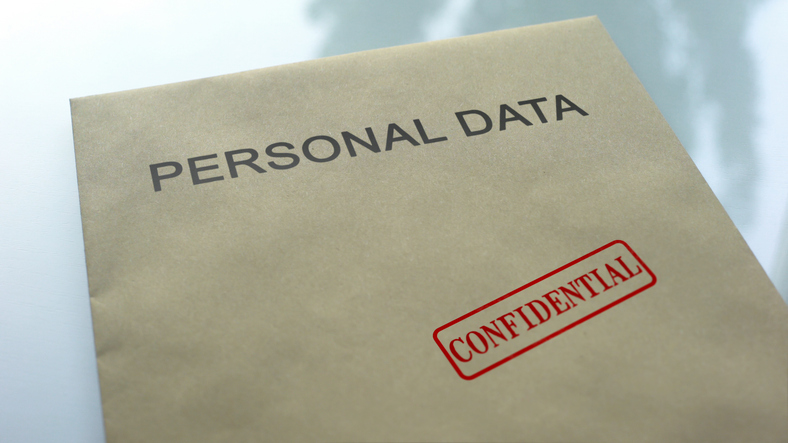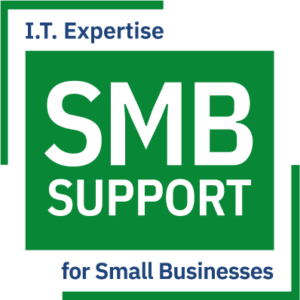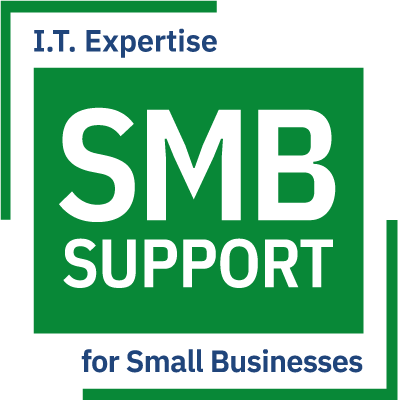
Personal data is priceless. Whether it is photographs, videos, or important documentation like financial data, it must be protected. It can be nerve-wracking to ask yourself, “Where does my personal data live?” but it is an important question to be able to answer.
Food for Thought: in our hybrid work world, there is a decrease in the line between work, personal computing, and storage. SMB has many clients who have so much work data on their personal equipment that there is no difference in where things are stored. Our clients utilize our IT services and support to help manage and safeguard both categories of data. They see it as a necessity. This is a very common service we often provide for our clients.
Common locations for traditional personal data:
- on your phone
- in the cloud
- on an external drive
- on a provider’s server
- on an old computer
- on traditional digital items like CDs
- on paper
- in a safe
Does your spouse/partner/trusted relative or friend know where your important information is stored? If you haven’t started on identifying where specific information is stored (and who provides certain services like insurance or estate planning) start by choosing a category. Here is a helpful list:
Categories of Personal Data:
- Identification
- Financial Documents and Accounts!
- Housing (deed/lease, home insurance policy, warranties, etc.)
- Photographs
- Medical information
- Estate planning
Hint: sometimes it is just easier to ask a provider for the information. For example, if you don’t know where your will is, perhaps just contact your attorney. The same can be said for your insurance policy.
Next, instead of dedicating an entire weekend to this important (but not necessarily entertaining project), give yourself a month to locate and organize. Where to store everything? While some documents can remain in paper format, it is a great idea to store a lot of information digitally. Never leave such documents on a computer. While external drives are beneficial, they do not stand up to natural disasters or fire. Uploading documents to the cloud is the best way to handle this project for security.
Here is how to choose a reputable cloud provider:
- Choose a company that has an excellent reputation with features like HIPPA compliance and end-to-end encryption.
- Encrypt your data before you upload it if end to end encryption is not available.
- Enable Two-Factor Authentication for your cloud account.
- Be selective with sharing access to your files and turn off sharing when done.
- Keep devices and apps that are used to access the cloud regularly updated.
- Maintain local backups of sensitive data on all your devices.
- If any of 1-6 is confusing to you, call us at 908.895.0273.
Your personal data is just as important as the intellectual property produced at work. Protect it. Some of your personal data is priceless, and we respect that. If you need more assistance, we are here to help. Want to call us? We can be reached at 908.895.0273.


